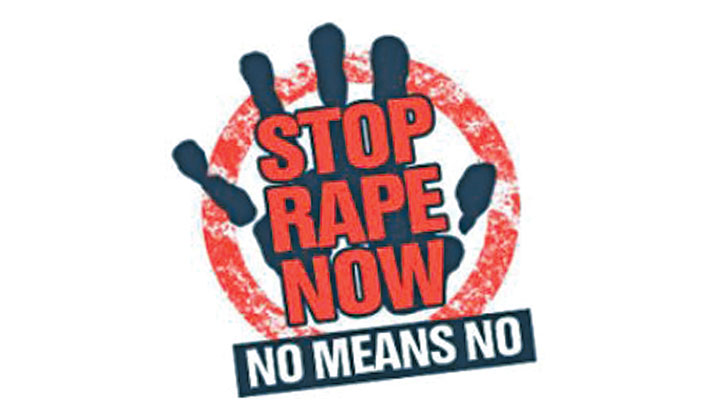A report from the Sexual Assault Referral Centres (SARCs) has said that no fewer than 5,623 cases of sexual and gender-based violence (SGBV) were recorded in Nigeria’s Northeastern states of Borno, Yobe and Adamawa, in the past four years.
The National Programme Manager of the Managing Conflicts in Nigeria (MCN) Programme, Prof. Muhammed Tabiu, said this in Abuja, while presenting the reports, during a two-day dissemination event on results and lessons of initiatives to address SGBV in the three states.
- Gender based violence rampant in Kano, Zamfara, Jigawa, FOMWAN cries out
- Protecting women and girls from gender-based violence in the digital era
The event was organised by the Managing Conflict in Nigeria in collaboration with SARC steering committee in Borno, Adamawa and Yobe states, funded by the European Union (EU) and implemented by the British Council.
Daily Trust reports that the three conflict-torn states have been devastated by armed Boko Haram attacks over the years, leading to displacement and reported cases of rapes and other forms of abuse in the camps for displaced persons also known as the Internally Displaced Persons (IDP) camps.
“The Sexual Assault Referral Centres (SARCs) through the SARCs Steering Committees compiled 5,623 incidents involving child abuse and other sexual and gender-based violence from January 2018 to July 2022 for the BAY (Borno, Adamawa, Yobe) states,” the report said.
The report also said that 640 arrests, or 88.6 percent of the total number of SGBV incidents in four years, were recorded, apart from the 82 offenders that had been charged across various courts located in the three states.
The report noted that the committees have secured eight convictions of the total number of sexual offenders taken to courts.
Prof. Tabiu who is also a Senior Advocate of Nigeria (SAN), said the initiative was developed to offer services for survivors and victims of gender-based violence.
He said, “The Programme also led the establishment of Family Support Units FSUs domiciled at Police facilities across the three states – a specialized department of the Police that responds to reports of sexual and gender-based violence (SGBV) and other issues affecting families. The centres are situated in divisions and the Criminal Investigation Departments (CID).”
He said that these initiatives provide an essential service to victims, especially the medical service, so as soon a case comes to attention and there is a need for medical intervention, as it ensures the survivors of the victim and protects the victim against various kinds of sexually related diseases.
He said, “Secondly, there is psycho-social support because of the trauma associated with sexual violence and then, thirdly there is support for the victim through the legal processes that ensure the perpetrator is brought to justice.”
Speaking about the difficulties the centres face in prosecuting and convicting sexual offenders, Prof. Tabiu acknowledged that each state has had some success in working with its respective ministry of justice and women’s affairs.
He, however said that people do not like reporting rape cases because of the stigma and profiling and also the increased trauma of the victims.
He said, “The area of prosecution is very challenging in the country with a lot of weaknesses, but interventions of this kind have made it likely that cases would be prosecuted and convicted. And a number of states have been taken by the programme to support and increase the level of conviction.”
The forum recommended that to assure the replication of the SARCs facilities so that the community may readily access them without traveling too far, participants would collaborate with policymakers.
They also agreed to work with the government and regional, national, and international partners to boost funding for the SARCs and guarantee the initiative’s sustainability for broader reach.

 Join Daily Trust WhatsApp Community For Quick Access To News and Happenings Around You.
Join Daily Trust WhatsApp Community For Quick Access To News and Happenings Around You.
